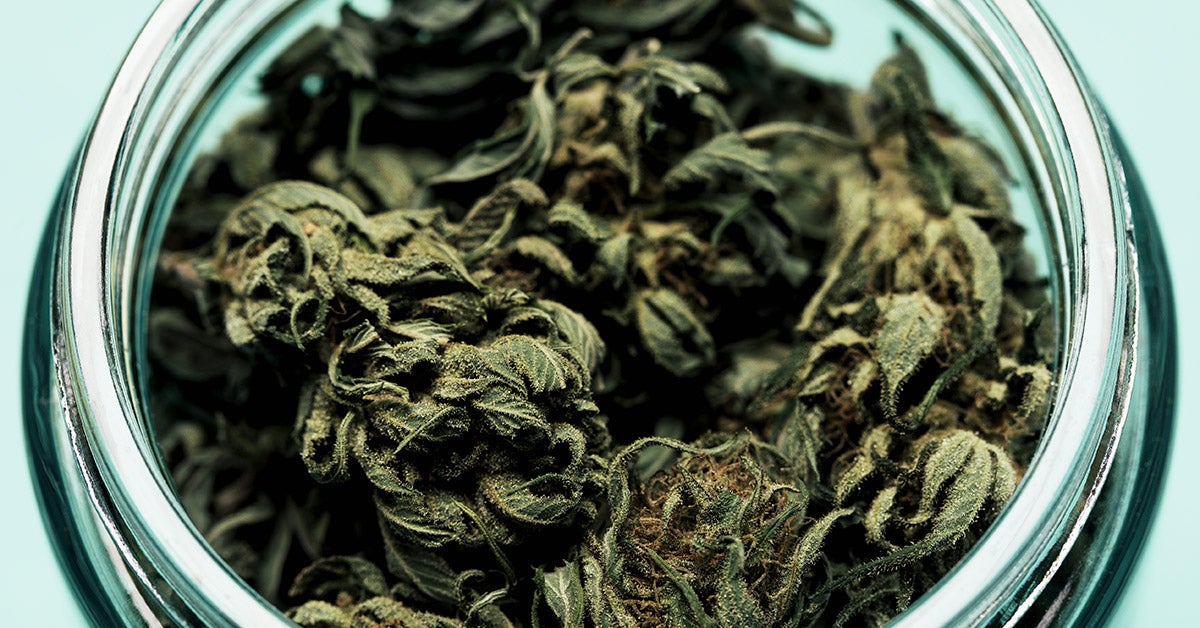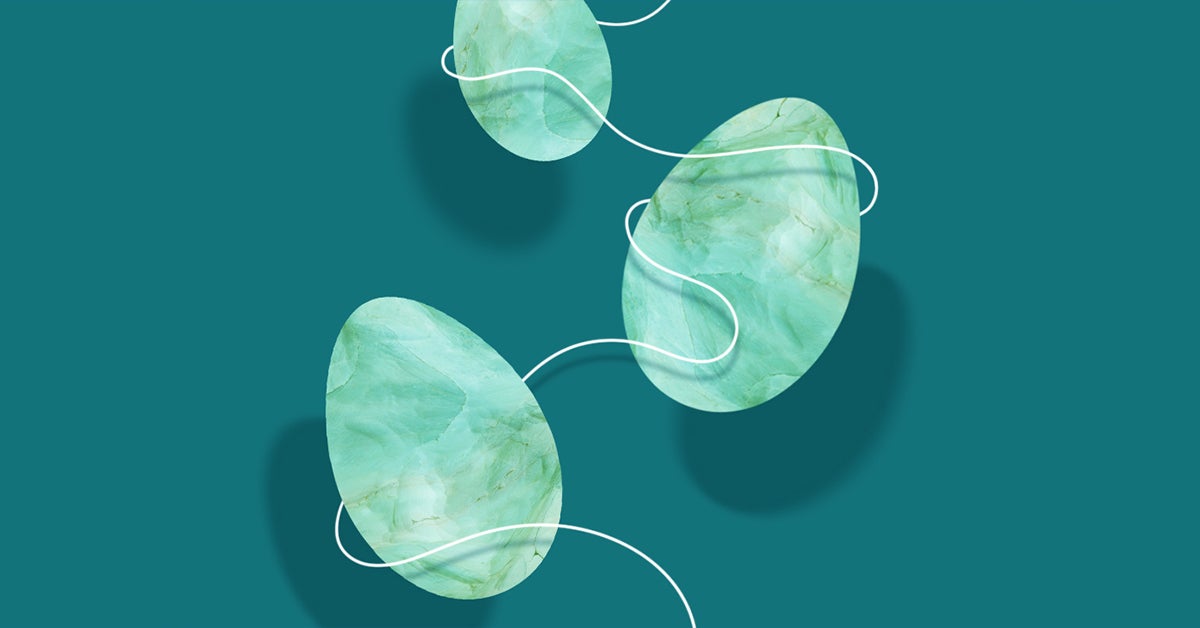Back Pain When Sneezing: What Are the Causes and Treatment?
Sometimes a simple sneeze can leave you frozen in place as a sudden spasm of pain grips your back. As you try to make sense of what just happened, you may wonder what the connection is between a sneeze and back pain.
There are times when the sudden and awkward movement of a big sneeze can actually cause the pain. In other cases, the sneeze can trigger a painful symptom of an existing muscle or nerve problem in your back.
This article will take a closer look at what can cause back pain when you sneeze, and what you can do to protect your back.
A variety of muscle, bone, and nerve problems may be triggered by a violent sneeze or, if they are pre-existing, made worse by a sneeze.
Herniated disc
In between your vertebrae — the stack of bones that make up your spine and surround your spinal cord — are tough, spongy discs. A spinal disc is tough on the outside, but softer inside.
A herniated or ruptured disc occurs when the soft, jelly-like material inside the disc pushes through a hole in the exterior and presses against nearby nerves or the spinal cord itself.
A herniated disc can be treated and doesn't always cause pain. If you are living with a herniated disc, you may be able to get through your day with little discomfort. But a sneeze, cough, or other action may cause the inner disc material to push harder against a nerve, sparking a sudden bout of pain.
Muscle strain
A muscle strain, sometimes also called a 'pulled muscle,' is a stretch or tear in a muscle. It is usually caused by some kind of activity, like twisting or lifting, or by overexerting your muscles during a workout.
When you have a pulled muscle in your back, it can be painful when you move, bend, or turn your abdomen. Sneezing can also put pressure on the muscles in your back and cause a spasm of pain. In some cases, a particularly forceful sneeze can actually cause a muscle strain.
Vertebral compression fracture
A vertebral compression fracture (VCF) occurs when part of your vertebra collapses. According to the American Association of Neurological Surgeons, it's the most common fracture in people with the bone-thinning condition known as osteoporosis.
For people with severe osteoporosis, a sneeze or simply climbing a few stairs can cause a VCF. For people with mild or moderate osteoporosis, usually a fall or other type of trauma is necessary to cause this type of fracture to the vertebrae.
Sciatica
Your sciatic nerve is the longest, widest nerve in your body. It runs from your lower spine down through your pelvis, where it branches and continues down each leg.
Damage to the sciatic nerve is called sciatica. It often causes leg pain as well as back pain. A sudden sneeze can put pressure on this tough, but vulnerable nerve and cause shooting pains and numbness down one or both legs.
When a sneeze causes sciatica symptoms to worsen, it could mean you have a serious herniated disc that requires attention.
Your back is involved with almost all movements of your upper body. Lifting, reaching, bending, turning, playing sports, and even just sitting and standing require your spine and back muscles to work properly.
But as strong as your back muscles and spine are, they are also vulnerable to strains and injuries. At some point, you've probably lifted something too heavy or overdone it on the yard work and felt a pang of back pain.
Sudden awkward movements, like a violent sneeze can also trigger back pain that lasts a few seconds or much longer. And it's not just your back muscles that are at risk. When you sneeze, your diaphragm and intercostal muscles — those in between your ribs — contract to help push air out of your lungs.
A violent sneeze can strain your chest muscles. And if your back muscles aren't ready for a sudden sneeze, the unexpected tensing of these muscles and awkward movement during a sneeze can cause a spasm — an involuntary and often painful contraction of one or more muscles.
Those same fast and forceful movements of a big sneeze can also injure ligaments, nerves, and the discs between your vertebrae, similar to the damage that can occur in the neck from whiplash. While a herniated disc tends to form over time from ongoing wear and tear, a single excessive strain can also cause a disc to bulge outward.
Summary
The sudden tensing of your abdominal muscles during a forceful sneeze can cause a strain in your back muscles. A violent sneeze can also injure the ligaments, nerves, and discs between your vertebrae.
If you have back pain and you feel as though you're about to sneeze, one way to protect your back is to stand up straight, rather than remain sitting. The force on the spinal discs is reduced when you're standing.
According to a 2014 study, you may find even more benefit by standing, leaning forward, and placing your hands on a table, counter, or other solid surface when you sneeze. This can help to take the pressure off your spine and back muscles.
Standing against a wall with a cushion in your lower back may also help.
If you're living with back pain, you know how important it is to find relief. Some common and effective home remedies for back pain include the following:
- Ice. For a muscle strain, you can place an ice pack (wrapped in a cloth to keep from harming the skin) on the sore area to reduce inflammation. You can do this a few times a day, for 20 minutes at a time.
- Heat. After a few days of ice treatments, try placing a heat pack on your back for 20 minutes at a time. This can help increase circulation to your tightened muscles.
- Over-the-counter (OTC) pain relievers. Medications like naproxen (Aleve) and ibuprofen (Advil, Motrin) can reduce inflammation and ease muscle-related pain.
- Stretching. Mild stretching, such as simple overhead reaches and side bends, may help ease pain and muscle tension. Always stop if you feel sharp pain and never stretch beyond the point where you start to feel your muscles extending. If you're unsure about how to do safe stretches, work with a certified personal trainer or a physical therapist.
- Gentle exercise: Although you may think you need to rest, being sedentary for long periods can make your back pain worse. A 2010 review of research showed that gentle movement, like walking or swimming or just doing your daily activities, can increase blood flow to your sore muscles and speed up healing.
- Proper posture. Standing and sitting with good posture can help ensure that you don't put extra pressure or strain on your back. When standing or sitting, keep your shoulders back and not rounded forward. When seated in front of a computer, make sure your neck and back are in alignment and the screen is at eye level.
- Stress management. Stress can have many physical effects on your body, including back pain. Activities such as deep breathing, meditation, and yoga may help reduce your mental stress and ease the tension in your back muscles.
If a sudden bout of back pain doesn't get better with self-care within a couple of weeks, or if it gets worse, follow up with your doctor.
It's important to get immediate medical care if you have back pain and:
- loss of sensation in your low back, hip, legs, or groin area
- loss of bladder or bowel control
- a history of cancer
- pain that goes from you back, down your leg, to below your knee
- any other sudden or unusual symptoms like a high fever or abdominal pain
If you have back issues, you probably know that a sneeze, a cough, a misstep while walking, or some other harmless action can trigger a bout of back pain.
If a sneeze suddenly causes a pain spasm or longer-lasting back pain, it may be a sign of an undiagnosed back condition.
If the pain persists, or you have trouble doing your daily activities, be sure to follow up with your doctor to get to the root of the problem. Knowing what caused your back pain may help ease or prevent similar pain the next time you feel a tickle in your nose.
-
 6 interesting genetic traits that children will inherit from their parents
6 interesting genetic traits that children will inherit from their parents
-
 7 effects of asparagus on child development
7 effects of asparagus on child development
-
 Does cutting blood hair for babies bring good luck?
Does cutting blood hair for babies bring good luck?
-
 The more babies eat, the higher the height they develop, especially the second kind
The more babies eat, the higher the height they develop, especially the second kind
-
 Children with chicken pox should eat to quickly recover from the disease, without leaving a deep scar?
Children with chicken pox should eat to quickly recover from the disease, without leaving a deep scar?
-
 The more food is cooked, the better it can be for health, especially the second type
The more food is cooked, the better it can be for health, especially the second type
-
 Krokodil (Desomorphine): Opioid with Toxic Side Effects
Krokodil (Desomorphine): Opioid with Toxic Side Effects
-
 What Does Weed Smell Like Before and After Being Smoked?
What Does Weed Smell Like Before and After Being Smoked?
-
 Signs You Need Prescription Treatment for Chronic Dry Eye
Signs You Need Prescription Treatment for Chronic Dry Eye
-
 12 Jade Egg FAQs: Purported Benefits, Potential Risks, Safer Use Tips
12 Jade Egg FAQs: Purported Benefits, Potential Risks, Safer Use Tips
-
 Can Blind People Dream? What They See
Can Blind People Dream? What They See
-
 Is Aging at Home Better Than Aging in a Community? Not Always
Is Aging at Home Better Than Aging in a Community? Not Always































